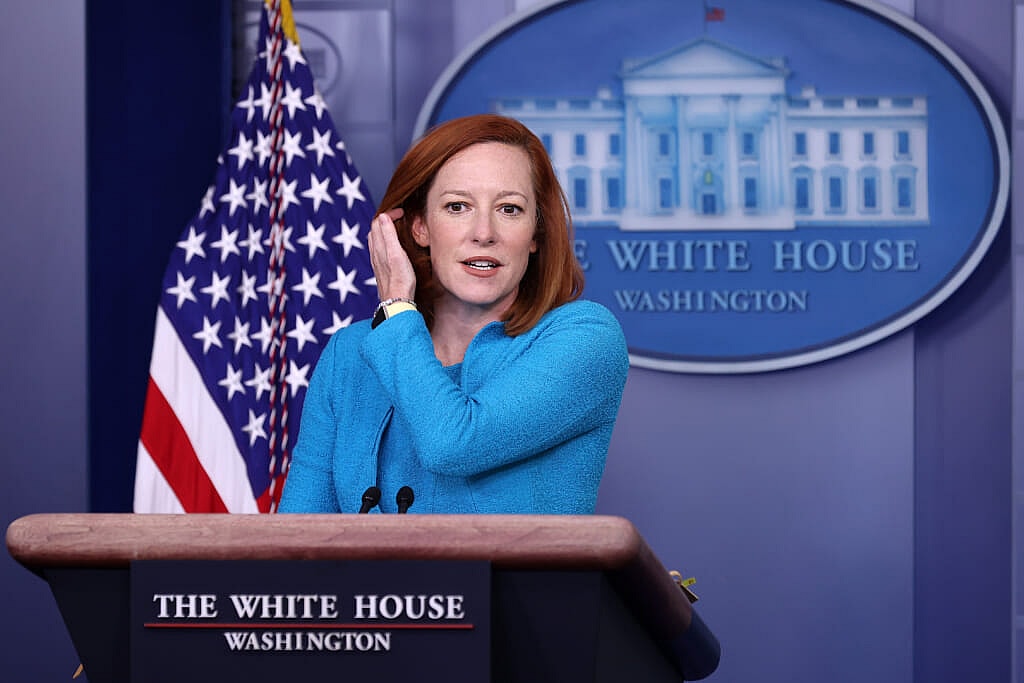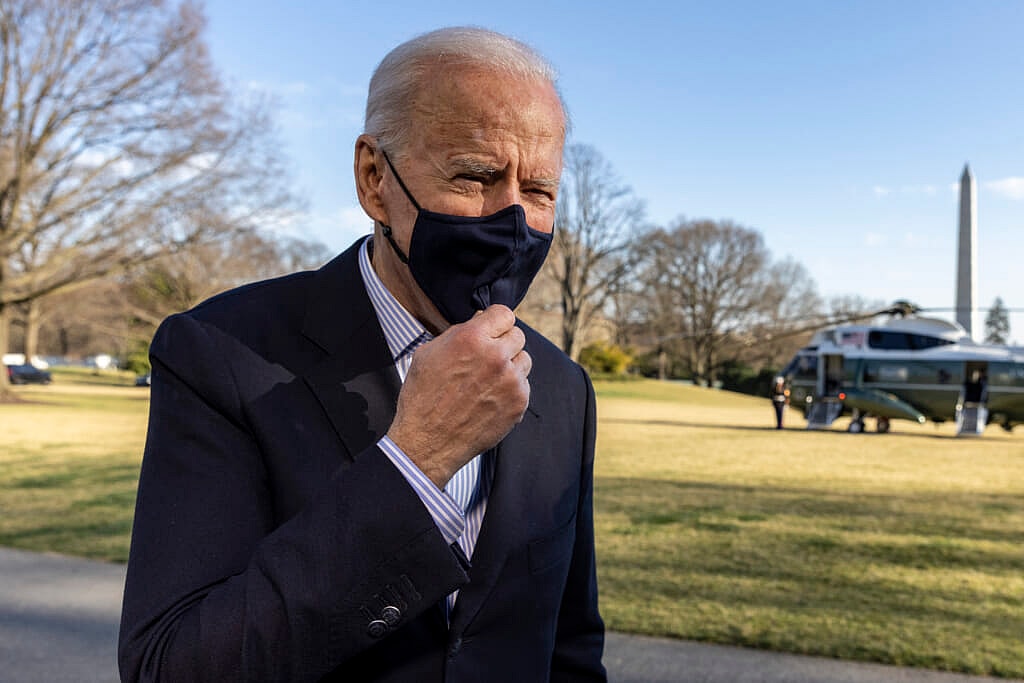Controversy is swirling like a cloud of smoke at the White House over the decision to fire five staffers for past use of marijuana.
The White House is working on a more flexible policy, however, Press Secretary Jen Psaki responded to questions about the terminations saying, “there were additional factors at play in many instances for the small number of individuals who were terminated.”

Read More: Biden staffers reprimanded, asked to resign for past marijuana use: report
The broader federal government is a bit more lenient according to a memo released by the Office of Personnel Management. The statement said people should not be deemed unfit because of past marijuana use. But the seriousness of use and the nature of the position will factor in judging new hires.
Marijuana use is not that uncommon these days. Even Vice President Kamala Harris acknowledged smoking marijuana in her past while on the 2020 presidential campaign trail.
In 15 states and Washington, D.C. recreational usage of the drug is allowed, yet President Joe Biden remains opposed to the legalization of marijuana.

For decades the debate on drugs has centered around polar opposite spectrums from “Just saying no to drugs,” the “War on Drugs,” and the negative impact from its profitability to a focus on the health benefits of marijuana.
In 1988, then-Baltimore City Mayor Kurt Schmoke tried to take the War on Drugs from a “crime war to a public health war.” Schmoke testified on Capitol Hill with this idea.
His mindset was ahead of the time. The reason for his controversial stance was the death of a friend, an undercover police officer, in a botched drug raid. That friend was a police officer and Schmoke was a prosecutor at the time.
Read More: Virginia lawmakers vote to legalize marijuana in 2024
His critical view of the drug problem of the ’80s also focused on taking the profitability out of illegal drugs. He came to the conclusion “addiction was more of a health problem than a crime problem” and the solutions come down to “health interventions instead of criminal justice.”

In the ’80s, Schmoke was vilified for this concept. However, if there was a picture in the dictionary labeled “I told you so,” he would be the poster child in 2021.
Currently, on Capitol Hill, there are efforts for comprehensive cannabis reform with a newly formed Cannabis Caucus. That caucus plans on addressing the racial injustices of the drug war to implementing common-sense policies to support medical research into marijuana.
However, the first issue that House lawmakers plan to take up is the Secure and Fair Enforcement Banking Act. If passed into law, it would protect banks that work with state-legal marijuana businesses. The thought is that these businesses are targets of crime as they are majority cash businesses.
Read More: Yara and Keri Shahidi developing cannabis comedy series for Freeform
When it comes to the racial issue about cannabis, legal and illicit drugs are more than a convenient scapegoat for lawmakers when dealing with communities that have been crippled by it.

“What I want to see happen is energy focused on restoring communities that have been impacted by the war on drugs,” said LaMon Bland, the executive director for We Rise to Legalize. “You can literally go into zip codes, and if you were born in a zip code that was being targeted, you can almost ensure that they’re Black males would either be incarcerated or killed.”
Bland thinks it is the responsibility of lawmakers to restore and repair communities impacted by the War on Drugs as they seek to expand the emerging economy built on legalizing cannabis.
“Children will be born and live without father figures, without mothers. Broken homes, high-interest rates, bad food, bad chemicals being pumped into our bodies. And now we’re asking for restoration,” Bland said.
Read More: Man jailed for life over $20 marijuana sale has been freed

“We’re asking for the federal government to take part, as well as the international community to join in to ensure that the United States government treats African Americans as well as other Americans that have come to this country from the African enslaved.”
In Black America, for example, when drug use began to tear down families and communities the federal government turned a blind eye. However, when white America began to feel the impact and destruction from drugs hitting the Rust Belt communities, a national anti-drug conversation began focusing on white Middle America’s Main Street.
That is the conversation Kurt Schmoke had during the Trump years when then-President Donald Trump placed a bright light on the issue of opioid addiction as one of the major hot button issues for the presidential campaign trail of 2016.
Have you subscribed to theGrio’s podcast “Dear Culture”? Download our newest episodes now!
TheGrio is now on Apple TV, Amazon Fire, and Roku. Download theGrio today!

